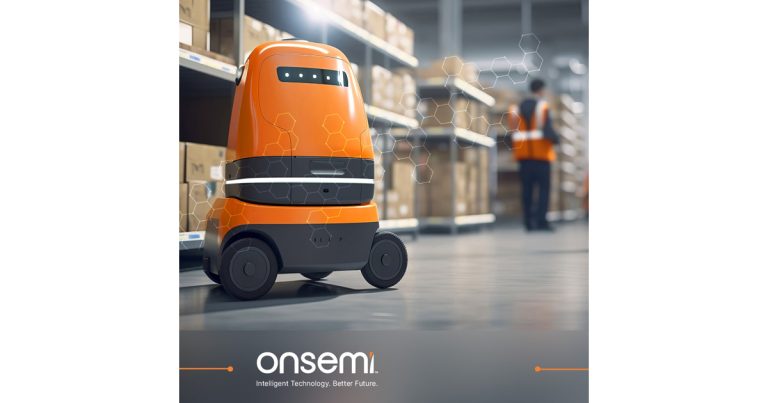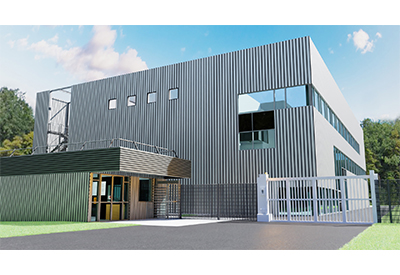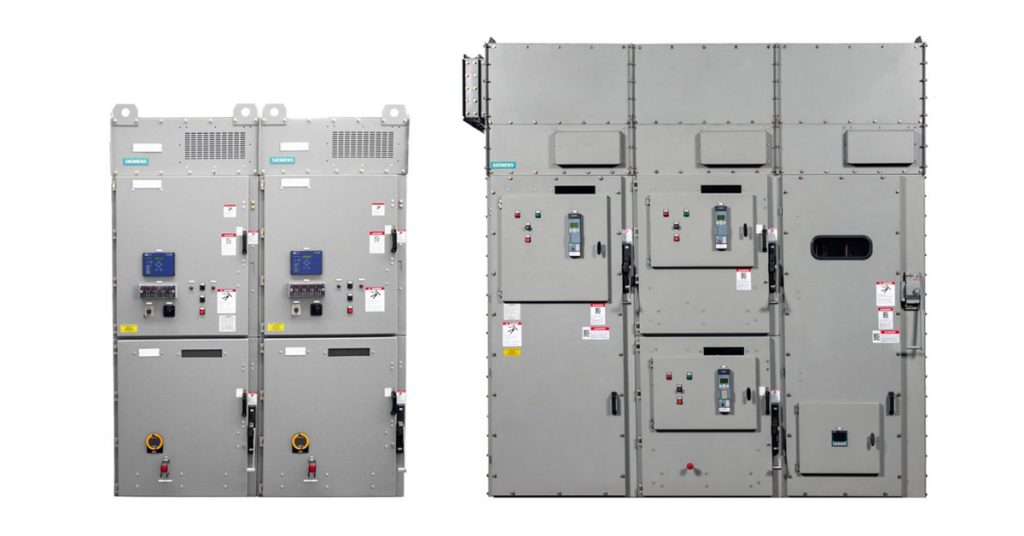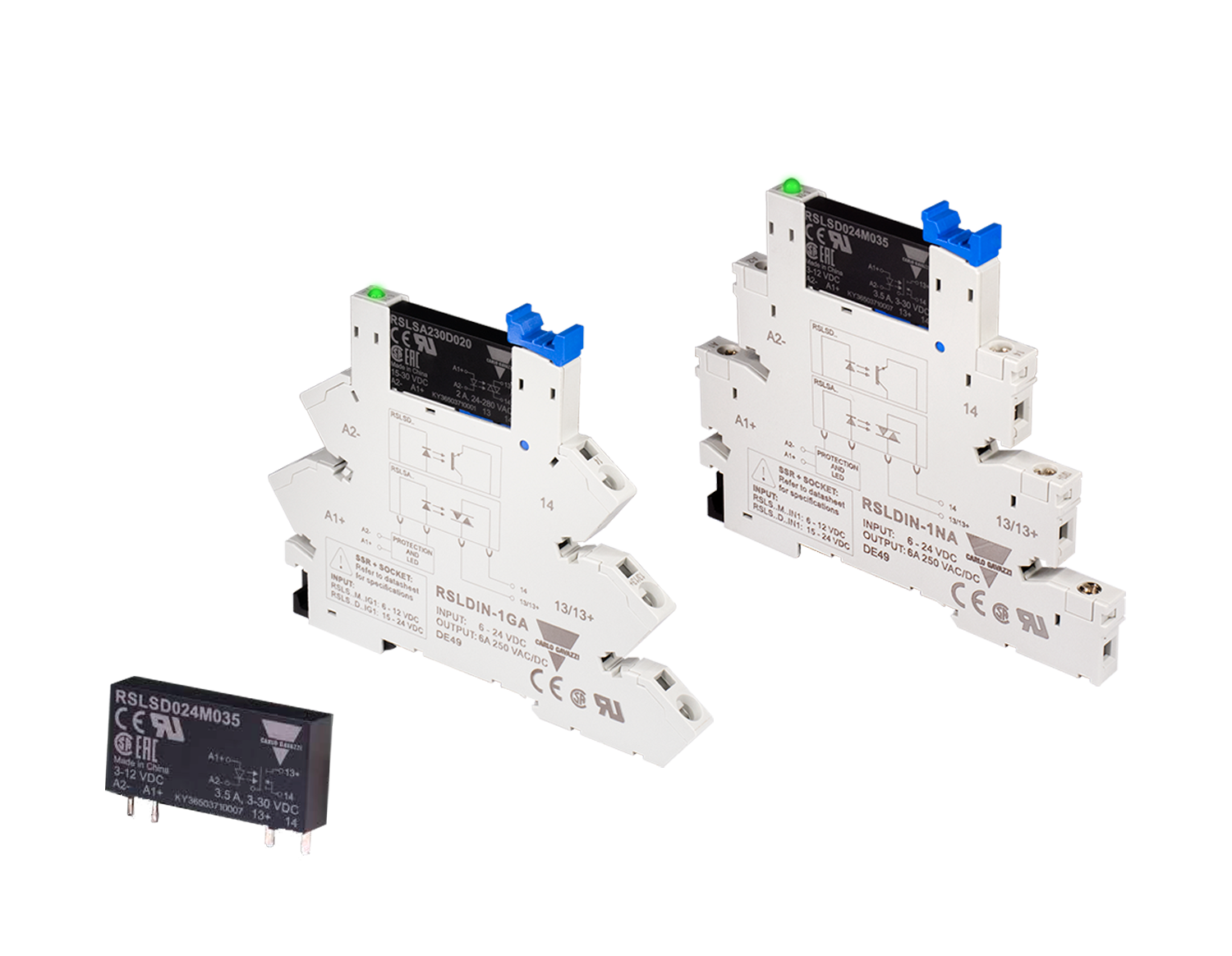Top 5 Industrial Automation Trends in Material Handling
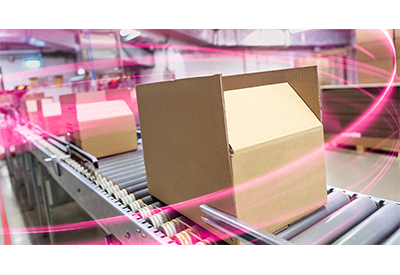
May 25, 2021
From an e-commerce explosion to the rapidly expanding adoption of robotics, 2021 has brought a variety of trends to the material handling and logistics industries. And what can companies expect from the second half of the year? Here, we discuss emerging trends that impact the way the industry does business.
Greater adoption of robotics
As more logistics companies upgrade to the latest technology, one top industrial automation trend is the adoption of human-like robotics. According to ResearchAndMarkets, the worldwide automated material handling equipment industry is expected to grow from 43.6 billion in 2021 to USD 76.8 billion in 2026, and robots represent the largest market share within that forecasted growth It’s now estimated that over 4 million commercial robots will be active in more than 50,000 warehouses by 2025. As of 2018, only 4,000 warehouses were equipped with robotics, which represents an enormous potential for growth.
Robotics and automation historically reduce labor cost, protect employees from workplace-related hazards, and boost ROI. For example, it’s estimated that logistics and material handling organizations that use automation can see a 200%-300% increase in productivity.
Increase in big data
Big data is a term that’s ubiquitous across any industry that handles technology, but what exactly does it mean? Big data is a large volume of information that can be either structured and unstructured. It refers to complex sets of data that traditional processing software can’t typically handle alone.
How does big data apply to material handling and logistics? It’s helping to lay the foundation for the migration from mechanical material handling processes to technologically advanced equipment and systems that can make informed decisions based on real-time data.
In particular, material handling and logistics companies are increasingly leveraging big data related to customer location, purchase history, and preferences to deliver a more timely and personalized experience. Big data is also being used to streamline processes and maintain schedules. According to 3PL Central, 62% of third-party logistics warehouses are currently focused on data and analytics.
Rise of e-commerce
2020 saw explosive growth in e-commerce, causing pressure to mount on manufacturing and distribution centers. With the rising popularity of online companies, consumers and businesses alike increasingly expect to receive items quickly and inexpensively.
e-commerce requires supply chains to be flexible and efficient. And as a result of rising expectations for e-commerce as COVID-19 impacted businesses over the past year, supply chains have had to adjust quickly to meet demand. This trend is projected to continue, inspiring material handlers to increase productivity and innovate when it comes to how they manage data, track shipments, and utilize technology.
Proliferation of micro-fulfillment centers
In recent years, there’s been a rapid increase in smaller distribution facilities as a response to growing demand in fulfilling e-commerce orders. The goal of these compact facilities is to optimize e-commerce fulfillment as demand and urban populations grow. From using empty stores in malls to unused warehouses, micro-fulfillment centers have risen to prominence.
Many micro-fulfillment centers feature automated storage and retrieval systems (AS/RS). According to QMH, 15 large U.S. cities are projected to have at least one self service parcel delivery kiosk available within the next decade.
Prioritizing sustainability
As more manufacturing, logistics, and material handling businesses prioritize sustainability, it’s been emerging as one of the industry’s top trends. Demand is rising to adopt clean battery technologies, recycle products, find responsible sources for raw materials, and minimize carbon output. According to QMH, the material handling industry will likely develop standard methods of sustainable development by 2025.
From more sustainable warehouses to incorporating big data and advanced robotics, the material handling industry is making leaps in meeting increased demand, fostering efficiency, and adopting more environmentally responsible methods of doing business. As these companies evolve and grow, Rittal is a reliable, trusted industrial automation partner.
![]()
https://blog.rittal.us/top-5-industrial-automation-trends-in-material-handling


